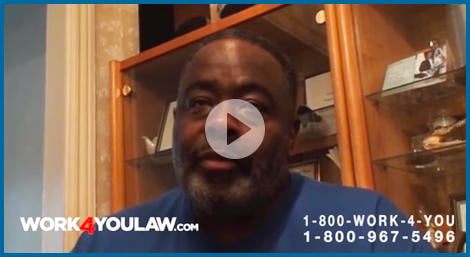Poisonings
Unintentional poisoning is increasing, especially among children. Really, this shouldn’t be a surprise. More and more families are filling their homes with powerful cleaning products and pesticides. Lead from old pipes and paint gets into the air and into drinking water. And as life becomes more complex and stressful, there is a greater tendency to stock up on strong medications in the medicine cabinet.
The statistics are staggering: Emergency rooms across the country see more than 2,000 victims of unintentional poisoning each day. The Centers for Disease Control reports that in 2009, 31,758 people lost their lives due to ingestion of poison by mistake. Only motor vehicle fatalities account for more injuries and unintentional deaths. On the other hand, this speed has been increasing for almost twenty years.
What is poison?
A poison is, by definition, any substance that damages the body when ingested, inhaled, injected, or absorbed through the skin. Most any substance can fall under this definition, if taken in large enough quantities. Many people are not aware that alcohol is actually poison – drink a lot and you can die.
Children are particularly vulnerable to poisoning that is unintentional. Youngsters tend to put everything in their mouths if they can. If killer ant – or even hair spray – is allowed to be accessed by a child, there is a danger that it will be ingested. Children, by nature, love to imitate adults. If you see a parent using ammonia to clean floors, you can drink it from the bottle.
Why is poisoning increasing?
Much of the increase in poisonings is attributable to drugs stored in homes. One may be surprised to learn that among the most dangerous drugs are those designed to treat hypertension. Given that these lower blood pressure, taking an overdose can lead to serious injury, even death, especially in children. On the other hand, the young man takes medication much more frequently these days. They should not be allowed to control their own use.
There are steps parents can and should take to help maintain their hazardous substance charges:
- Put medications in safe places. Put solutions, pesticides, chemical products for swimming pools, etc. cleaning cabinets and locks with them.
- Read the labels. They know the dangers of the substances you keep around the house.
- Discard any substances you don’t need.
- Keep the poison control number handy: 1-800-222-1222. Have this number on or next to every phone in the house. Teach children how to call this number, as well as 911.
If you or your child accidentally ingests a poisonous substance, sometimes someone else may be at fault. Your child may, for example, be visiting a friend. Once medical care has been secured, it is important to contact a New York personal injury attorney to discuss your options. In some cases, you may be able to file a lawsuit to recover damages, such as medical expenses, loss of income, pain and suffering, etc.









